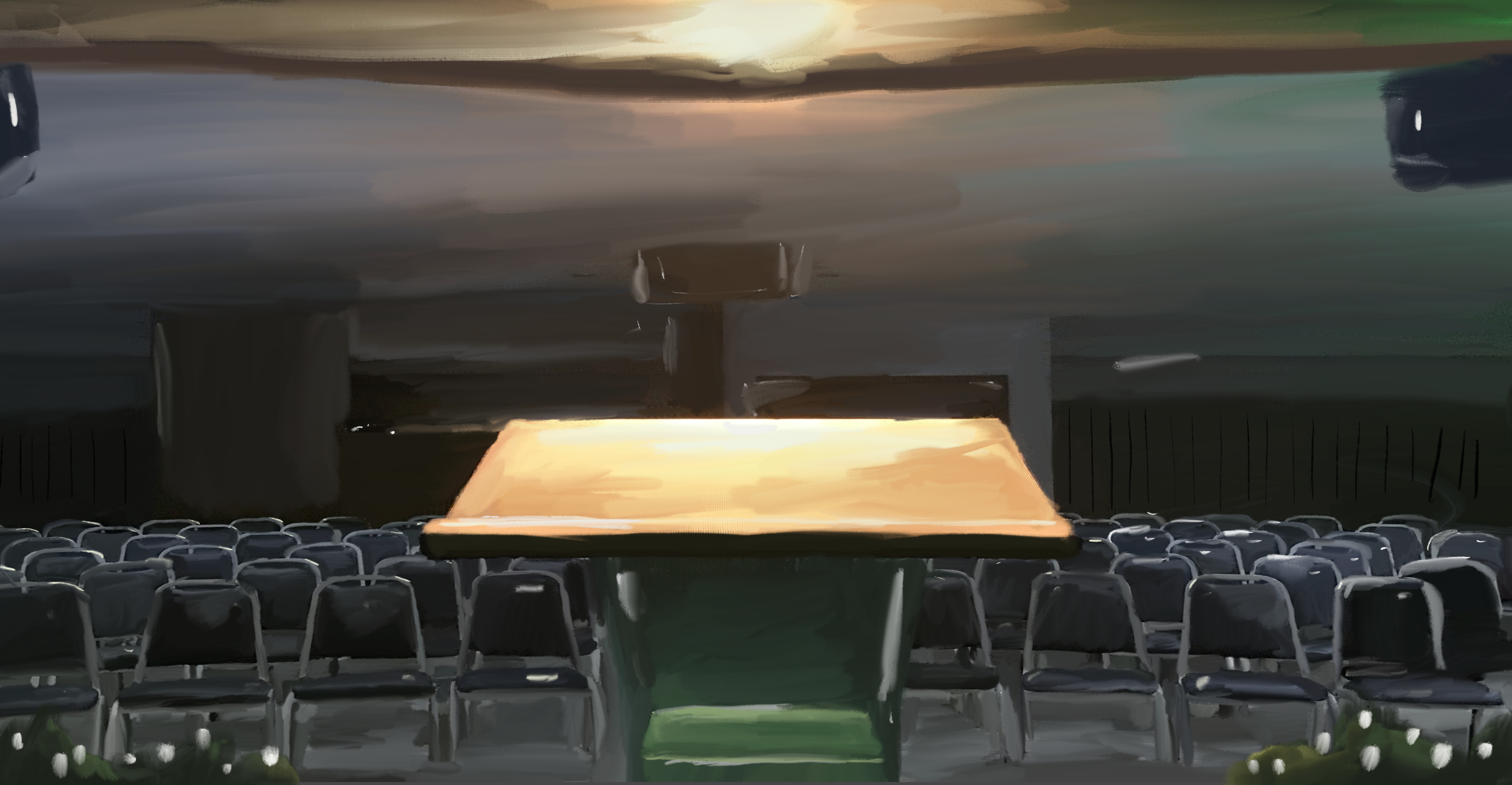
Faith & Identity
Epistle to the Hebrews - Part 30• Hebrews 11:23-26 • June 6, 2021 • English Service 10:00 AM
Sermon Introduction
The author encouraged the Jewish believers to remain steadfast with their faith despite the social discrimination and persecution. He warned them not to shrink back because God would not be pleased. The author taught them that it was impossible to please God without faith (11:6). The author explained that the Jewish heroes lived by faith, inferring that the Jewish believers should continue in faith. Faith is the certainty of things hoped for, the evidence of things not seen (11:1). The heroes displayed certainty of God’s promises. Some of the people of faith mentioned were the patriarchs. The Patriarchs lived as sojourners; they never adjusted. None of them turned back to their former country; Abraham, Isaac, and Jacob believed until their last breath. They searched for a better place, a heavenly one.
Hebrews 11:23-26 NASB
23 By faith Moses, when he was born, was hidden for three months by his parents, because they saw he was a beautiful child; and they were not afraid of the king’s edict. 24 By faith Moses, when he had grown up, refused to be called the son of Pharaoh’s daughter, 25 choosing rather to endure ill-treatment with the people of God than to enjoy the temporary pleasures of sin, 26 considering the reproach of Christ greater riches than the treasures of Egypt; for he was looking to the reward.
Notes
The author encouraged the Jewish believers to remain steadfast with their faith despite the social discrimination and persecution. He warned them not to shrink back because God would not be pleased. The author taught them that it was impossible to please God without faith (11:6). The author explained that the Jewish heroes lived by faith, inferring that the Jewish believers should continue in faith. Faith is the certainty of things hoped for, the evidence of things not seen (11:1). The heroes displayed certainty of God’s promises. Some of the people of faith mentioned were the patriarchs. The Patriarchs lived as sojourners; they never adjusted. None of them turned back to their former country; Abraham, Isaac, and Jacob believed until their last breath. They searched for a better place, a heavenly one.
Moses survived the massacre because his parents hid him for three months. By faith, they did not fear the king’s edict. The parents saw that Moses was beautiful, which may also mean unusual (11:23).
By faith, Moses identified with the Israelites. He refused to be called the son of Pharaoh’s daughter, probably influenced by his birth mother, the nanny. Moses chose to ill-treatment than to enjoy the pleasures of sin (11:24-25).
The eye of faith showed Moses that the eternal riches in Christ outweigh the riches of Egypt. He did not know Christ, but he knew that the Messiah would come. Moses focused on God’s reward, not earthly riches (11:26).
Application
Fear no one except God. We would rather obey God than men. His word is higher than any law on earth; God’s commands are higher than any man's. And God’s purpose is higher than any earthly plan.
We should identify with God and His people. Who are God’s people today? God’s people are those who believe in the suffering, death, and resurrection of Christ; and those who repented for the forgiveness of sins.
We should choose Christ despite social discrimination or persecution. Our eyes should be on eternal rewards, not temporal; the real reward is fellowship with God forever. Earthly riches are temporal; Heavenly riches are eternal.
Discussion / Reflection
In what way did the parents of Moses show faith?
Why did Moses choose ill-treatment instead of enjoying the pleasures of sin?
In what ways do you identify with God, His people, and the word?



